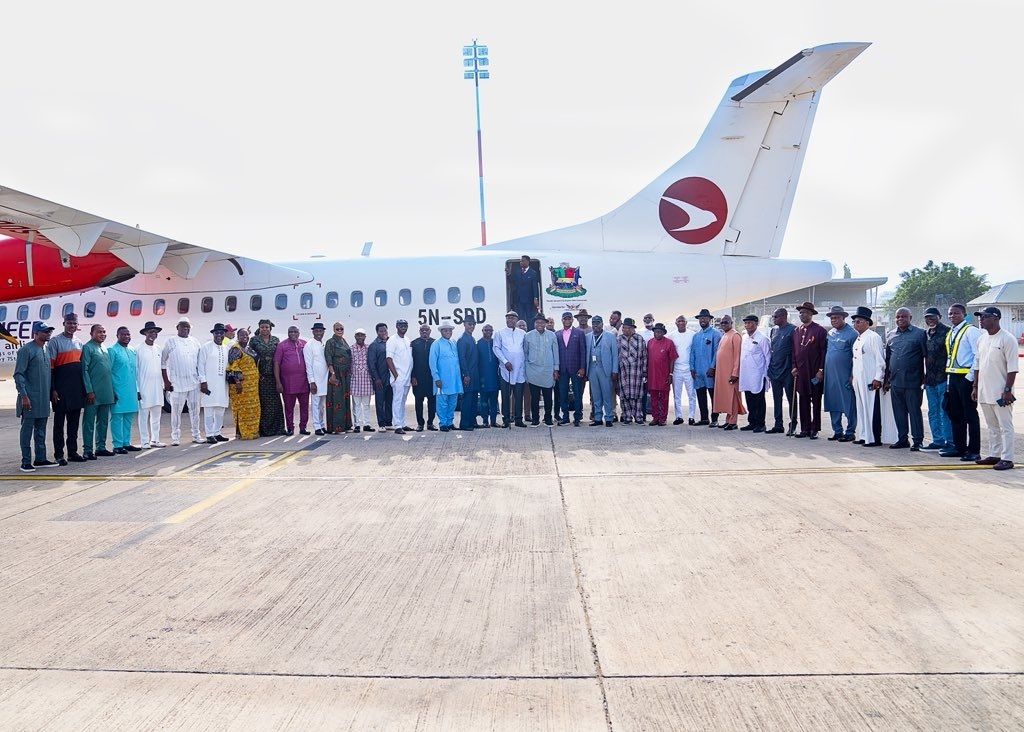
Nigeria is once again confronting a brutal resurgence of kidnappings, banditry and other forms of violent crime, most severely in the northern region. The pattern is familiar but no less disturbing. From Niger to Kwara, from Borno to several other states, communities are being terrorised, lives are lost and countless citizens are abducted by groups that operate with alarming boldness. The scale and consistency of these attacks underline a national crisis that cannot be dismissed or minimised.
One of the most damaging consequences of this renewed wave of violence is the closure of schools across the North. It is an indictment of the state of national security that children are increasingly unable to attend classes because their schools are no longer safe. The long-term effects are obvious: interrupted learning, psychological trauma and a widening educational gap that will further disadvantage an entire generation. It is a bleak development that the country can ill afford.
These attacks come at a time when many believed progress was finally being made. Instead, the perpetrators have shifted tactics and expanded their targets schools, farms, places of worship and vulnerable communities. The message is clear: insecurity cuts across geography, ethnicity and religion. No region is immune. Pretending otherwise only delays necessary action.
The fight against insecurity cannot rely solely on armed responses. While the military and police remain central to confronting these threats, citizens have a responsibility as well. Local intelligence, accurate, timely and willingly shared is indispensable. Communities often see the early warning signs long before security agencies do. Failing to communicate this information simply gives criminals more room to operate.
At the same time, the security agencies themselves must stop working in silos. Rivalries, competition for credit and institutional ego have repeatedly slowed operations and weakened outcomes. Coordination is not optional; it is the core requirement of a credible national security strategy.
Recent federal decisions show some recognition of this reality. President Bola Tinubu’s order to withdraw thousands of police officers from private VIP protection assignments is a practical step. Redeploying these officers back to real policing duties should help shore up manpower where it matters. But this measure alone will not resolve structural weaknesses.
The debate over establishing state police deserves more than political grandstanding. Properly designed with strong safeguards against abuse, state policing can enhance rapid response and strengthen local accountability. The fear of misuse by governors is valid, but it is not a justification to indefinitely delay reform.
Finally, insecurity must not be turned into a political weapon. Both those in government and those in opposition are guilty of using national tragedies to score points. This behaviour is shortsighted and reckless. Violence does not check party membership before destroying lives; neither should our response.
Nigeria needs unity grounded in responsibility, transparency and collective will. The country cannot continue cycling through the same crises with the same rhetoric. If insecurity is truly a common enemy, then it deserves a common, coordinated and sustained effort to defeat it.
Tochukwu Jimo Obi, Obosi, Anambra State


